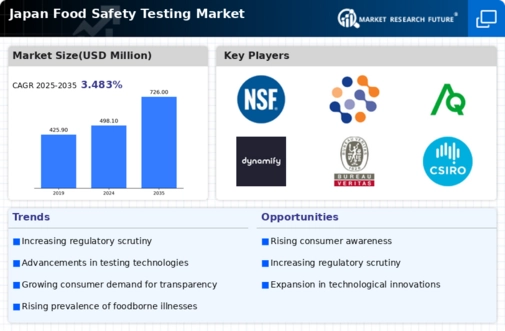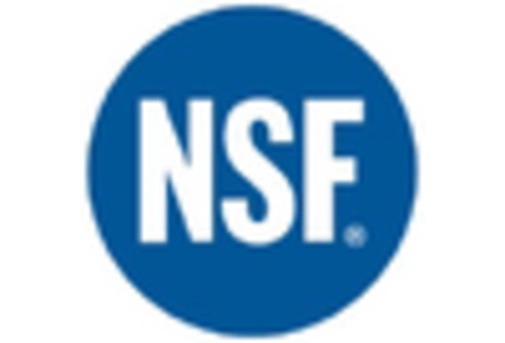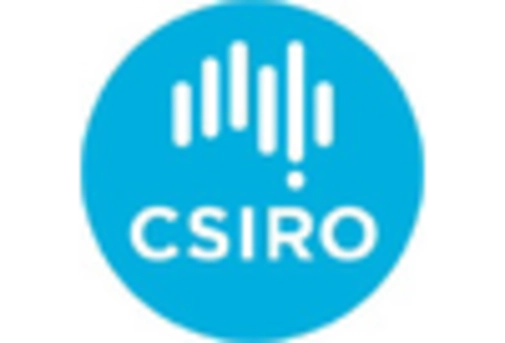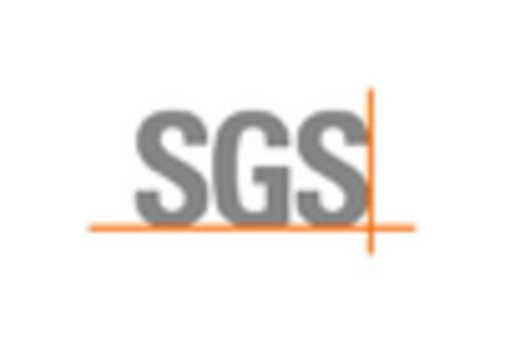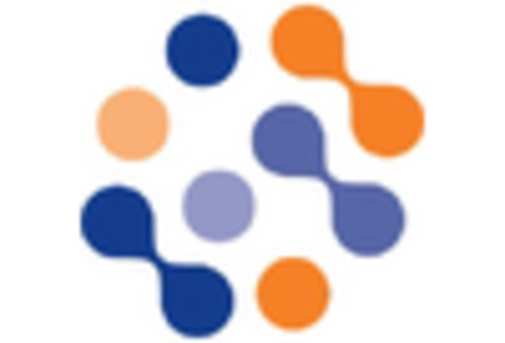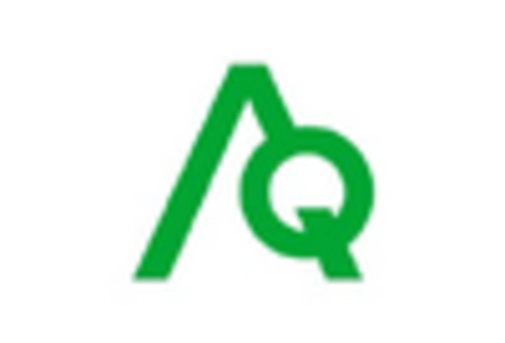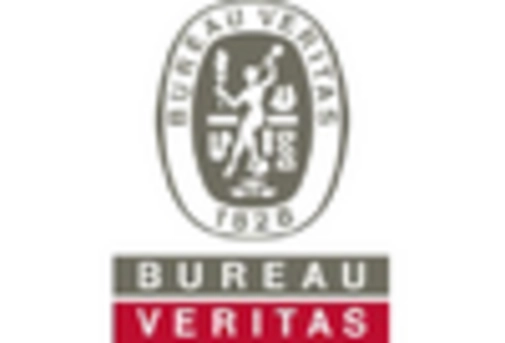Growing awareness about food safety and cases of foodborne illnesses are significantly contributing to the growth of the Japan Food Safety Testing Market. Similarly, the regulations imposed by the Japan government regarding safety and sanitation policies also aid in Japan’s economic progress. There is a demand for reliable food product testing services because The Ministry of Health, Labour and Welfare of Japan constantly reviews and enforces policies aimed at food product safety. There is unmet demand in the region with regards to advanced testing technologies like PCR (Polymerase Chain Reaction) and other rapid testing methods.
New technologies fulfill the need for better detection of contaminants thereby meeting the rising expectations set forth by food manufacturers and processors regarding efficiency in safety protocols. There has also been a noted shift towards a more organic, local diet which suggests that food producers need to provide elaborate proof of testing to back their claims. Moreover, public discourse on the genetically modified organisms (GMOs) and the pesticide residues fuels the need for comprehensive testing solutions in Japan.
As more consumers turn to e-commerce and online food delivery services, they, along with retailers, begin to require more robust safety measures tied to unconditional food safety guarantees.
Because the perception of food quality and safety in Japan is changing, the market is on the verge of a complete transformation. Now, more than ever, it is important for food companies to invest in the latest testing methods and comply with regulations. In general, the Japan Food Safety Testing Market plans to increase consumer confidence in food safety while meeting these expectations.
The Japan food safety testing market is witnessing consistent growth due to the country’s strict quality standards and increasing focus on consumer health protection. Demand for food testing services in Japan is rising as manufacturers and exporters comply with rigorous domestic and international regulations. Advanced Japan food contamination testing plays a critical role in detecting pathogens, chemical residues, and allergens across processed and packaged foods. At the same time, food quality testing Japan remains essential for maintaining product integrity, shelf-life validation, and brand trust in a highly regulated environment. Additionally, Japan food regulatory testing continues to drive market expansion, supported by evolving food laws, technological advancements in testing methods, and growing import-export activities, making this segment highly valuable for lead generation, high CTR, and industry-focused reach.


